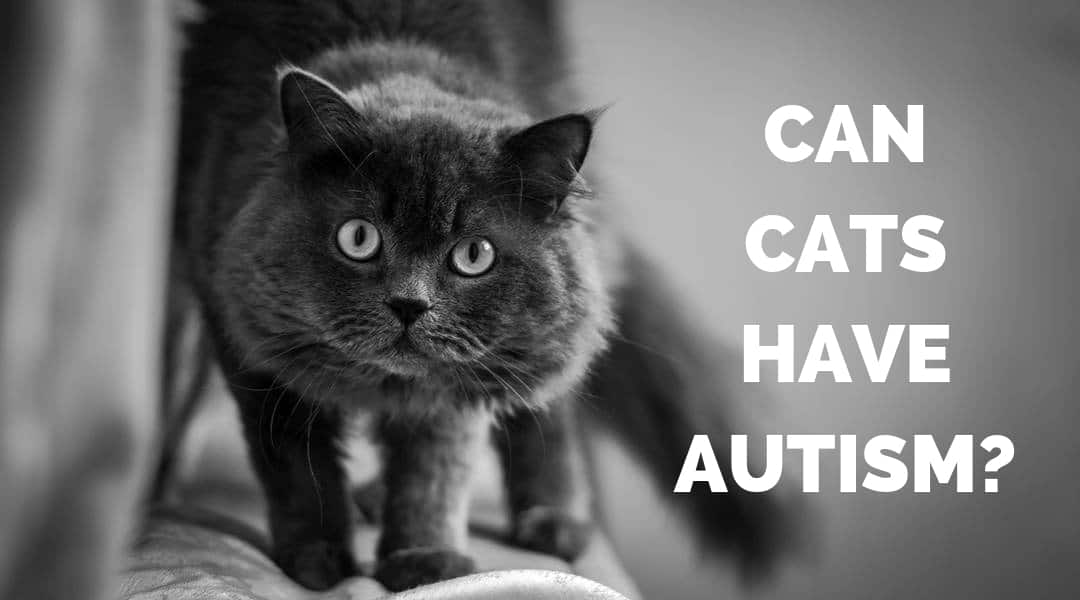Table of Contents
From time to time, our cats will go through phases where they may seem to want more or less social interaction with people or other animals. This can be mind-boggling for us but we eventually get used to it because our kitty will always do what they please. It’s only when our cat starts to withdraw and wants to be in isolation that we may think that they may have developed a psychological illness. An illness which could impact their health and wellbeing. We may start to wonder if can cats have autism. The good news is that this not the case for our precious little companions.
First of all, what is Autism?
Autism is defined as a mental condition where one can have difficulty interacting socially and communicating with others. They will display repetitive behaviours and will have a hard time using speech to explain things. Also, Autistic individuals are not able to easily grasp abstract concepts or are able to think on a conceptual level.
With the first two points listed, it may be easy for us to believe that our beloved pet may be autistic. As we gradually become accustomed to living with our cats, we realize that they may not like being around us or certain people on a regular basis. We understand that they are independent and territorial animals, that’s how they are hardwired. Our fur buddies are creatures of habit and crave routine but may also consistently display repetitive behaviour. This then leaves us scratching our heads trying to figure out what could be wrong with our kitty.
Cats cannot be autistic because they don’t have the same physiology as humans. Only humans have the brain chemistry and mental capacity to be autistic. Cats brains are not as developed as ours, and their anatomy and bodily systems wouldn’t functionally produce this disability. As much as we like to think of our furry felines as our kids, that could share the same ideas, thoughts and feelings, autism just wouldn’t occur. We always want to spend time with our kitty to grow our bond and pamper them. Doing so, makes us think that we are more alike than different, Therefore it’s not hard to believe that they may possess the same characteristics and behaviours as we do.
On the other hand, cats can have autistic traits which can make us think that they could have this same illness as humans. They are:
Anti Social Behaviour
Cats are known to be solitary and territorial animals. They prefer to be alone and roam their surroundings as they please. Even when you think your kitty is in the mood to play, they feel otherwise. Perhaps our fur babies are busy seeking out a new hiding spot, are intrigued with a new toy or just curious about a new item that you have in your household.
Some cats are just more aloof than others. This could be due to how they were raised as a kitten. If your cat was handled frequently in a playful way, cuddled and hugged more like a kitten, then they will be more friendly and forthcoming towards other people and animals. Yet if the opposite took place, your furry one will prefer their independence, eyeing you in the distance just to make sure that you are still around.
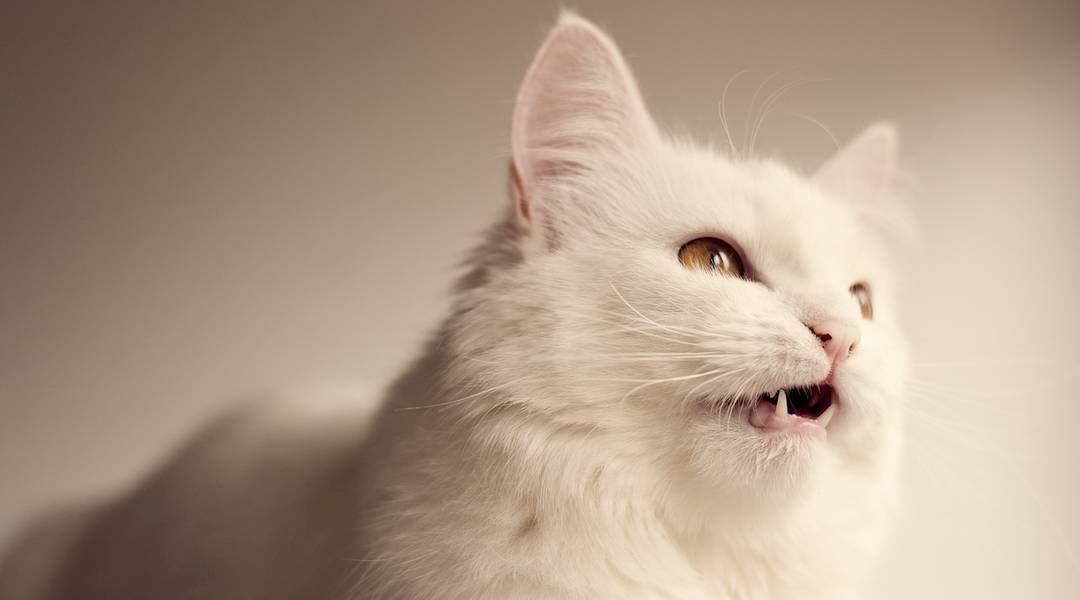
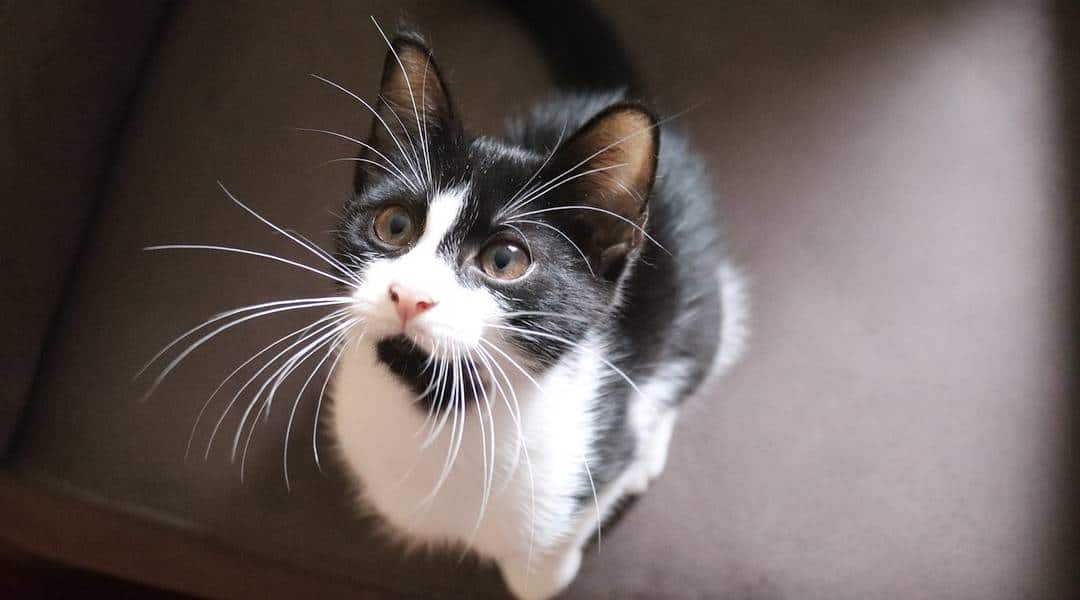
Verbal Communication
One of the key indicators of Autistic people is that they have trouble communicating in a verbal manner with others. Trying to express a thought into a sentence or idea can be quite difficult. Cats will always be vocal with you to let you know how they are feeling. Meowing and loud or soft purring is a normal method of communication for any feline. If your cat wants food or attention, you can always be sure that they will let you know. By the way, cats only meow to humans. They don’t meow to other cats. It’s how they communicate with us. Also, some cat breeds are naturally more vocal. Siamese and Sphynx cats are known for their constant and assertive meowing.
Intense concentration and extreme intelligence- Just like an Autistic child who can become deeply focused with an object, a cat can get absorbed with a new toy/game. They could spend hours just hunting bugs, mice or the small critters in their environment. Most times, your kitty will have a special toy and spend a lot of time chewing, pawing or rubbing their head or cheeks on that one object. They just like the way that toy smells and feels, hence taking particular interest in it.
Interestingly enough, our furry buddies have excellent sensorimotor intelligence. That is, they fully understand that objects exist, even though those objects cannot be seen, heard, touched, smelled or sensed in any other way., They also have superior memories and have complex dreams, retaining and recalling long sequences of events. They can also have nightmares and can even wake up crying from them.
Limited Sensory Capabilities
As with an Autistic individual who has problems paying attention to things, your cat may also display this behaviour. Also, your furry one may not be as nimble as usual or may tend to fall off sturdy surfaces or also walk unevenly. As some cats age, they tend to just not care about regular things (such as toys, comforts or people) as they used to. They would just prefer to doze all day. However, if you notice your kitty wandering around without purpose, appear distracted, or not following their normal routines. this could be a sign of something more serious. It’s a good idea to contact your vet to make sure your feline doesn’t have an underlying medical ailment.
Since we all know now that cats cannot be autistic, there are certain reasons that can make us feel that they could very well be diagnosed with this condition
Poor nutrition Cats need to eat a well balanced, protein diet in order to live a healthy and normal lifestyle. If cats don’t get the proper nutrients from their regular food, then they can become physically and mentally sick. Lack of focus, wobbly coordination, and a distant demeanour, where they always want to be in isolation, can all contribute to an autistic-like behaviour.
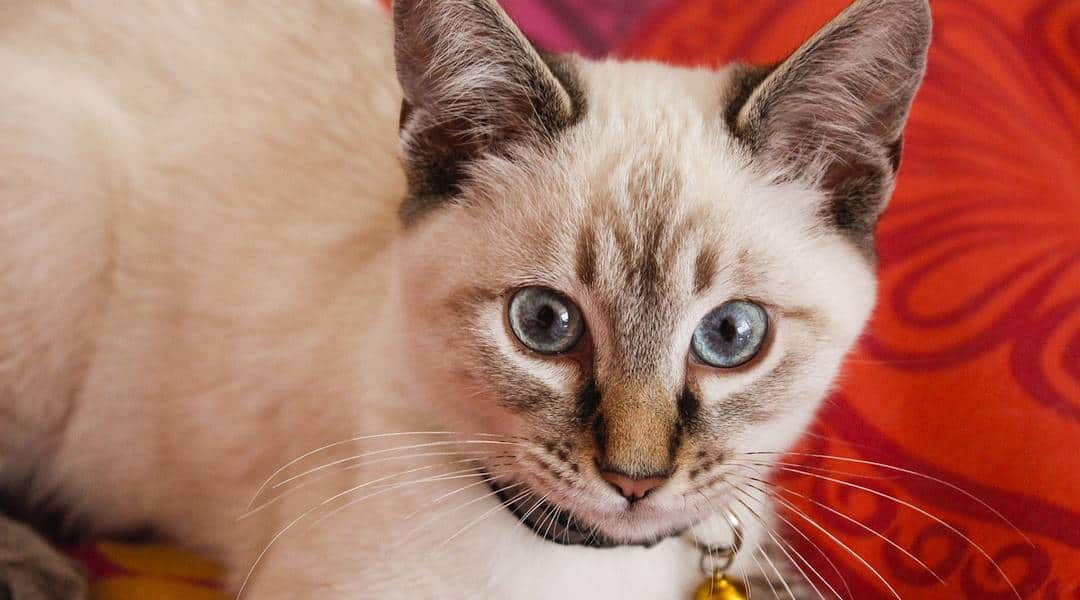
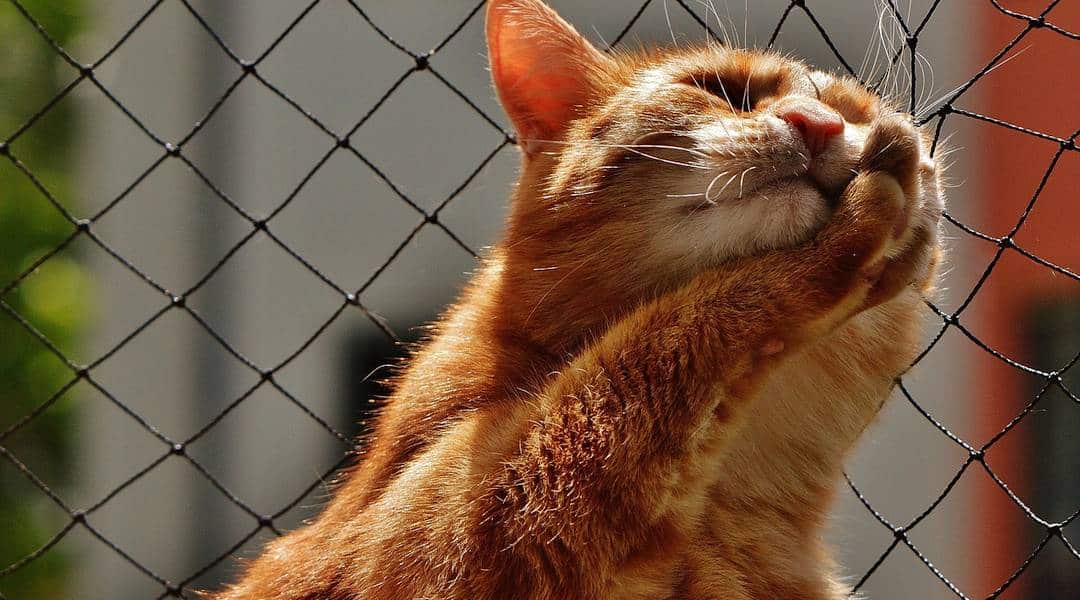
Contagious Illness
Your cat may have become infected with a disease from another animal and has started to act abnormally. Their conduct and disposition
Physiological Abnormalities
Some cats may develop an impairment or may have some malfunction of internal organs which may cause them to act odd, antisocial and unfriendly. We as pet owners may think that due to some type of physical ailment, our furry one has turned autistic.
One thing to keep in mind is that all cats will have different personality traits depending on their breed and age. Some kitties will prefer to be alone, while others will stalk you around the house. The main reason behind a cat’s temperament is on how they were socialized when they were kittens and a bit of it has to do with their breeding. For example the Ragdoll, Exotic Shorthair. and Blue Russian breed enjoy being around people, and don’t mind being cuddled, pampered and talked too.
Whereas the Norwegian Forest cat and Maine Coon, prefer to spend time alone, exploring and hunting and just doing their own thing. What you really need to be wary of is when your cat seems a bit off and is acting differently than their normal ways. If this is the case, than it’s always a good idea to seek some medical help from your vet to assess what could possibly be wrong with your furry one.
In addition, sociable cat breeds can definitely help family members who do have autism or are on the autism spectrum. Cats on the whole, can help children with this disability learn to bond, be affectionate and can keep them calm. Having a warm and caring feline spend time with an autistic child can also help that child feel less lonely, nervous and afraid. Overall, who wouldn’t want a soft fuzzball of a kitty purring in their lap?
Can Cats Have Autism Summary
Now that we know that the answer to can cats have autism is no, we can breathe a sigh of relief. They are just lovely creatures who like to spend time with us, but usually on their terms. They yearn for tenderness from us just as much as we learn it from them. They can also express anxiety and fear around familiar people as well as strangers. If you feel that your furry buddy may be suffering from an emotional or mental issue, spend some more one on one time with them to help them feel safe and secure. It’s also a good idea to contact your vet to get them checked out, just to be on the safe side.

